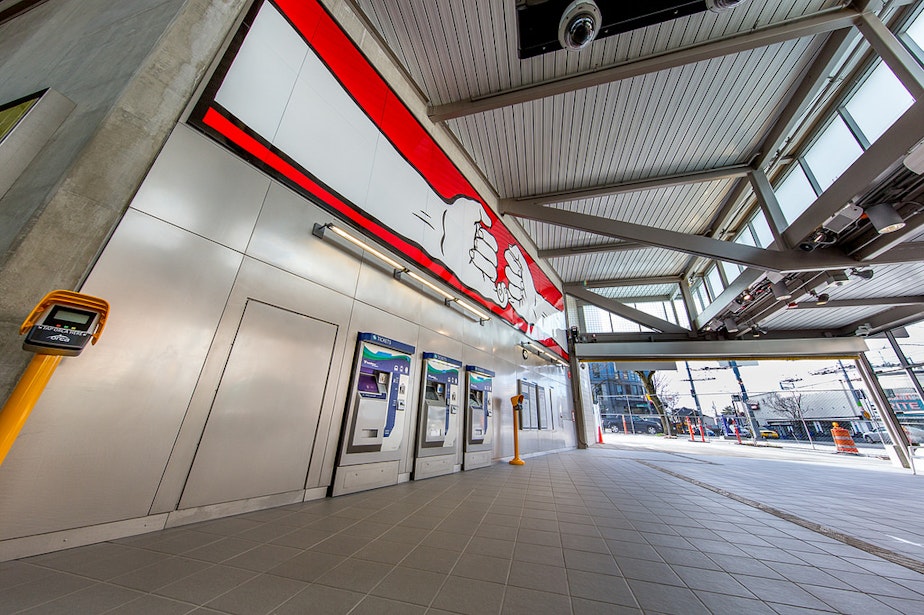Sound Transit 3: The money rolls in, on both sides

Money keeps pouring into the battle over the Sound Transit 3 ballot measure, with Mass Transit Now, the campaign working to pass the $54 billion transit package, up to nearly $3 million in contributions.
Sixty percent of the campaign’s money has come from the construction industry and labor unions, which stand to earn billions in light rail construction work over the next two decades if the measure passes.
The biggest donor in the first week of October, according to the latest filings with the Washington Public Disclosure Commission, was JCM Northlink, which gave $75,000.
The joint venture (formed by Jay Dee Contractors of Livonia, Michigan, Frank Coluccio Construction of Seattle, and Michaels Corporation of Brownsville, Wisconsin) is currently digging light rail tunnels between Husky Stadium and Northgate on a $440 million contract for Sound Transit.
No on ST3 campaign
Sponsored
For the first time, big checks have also started rolling in to the opposition of the Sound Transit 3 measure (officially known as Prop. 1).
The No on ST3 campaign received $55,000 from a political committee calling itself "Families for Sustainable Transit."
No families are involved in Families for Sustainable Transit.
The group, which has amassed $160,000, has three main donors. The biggest is Kemper Holdings, controlled by long-time light rail foe and Eastside real estate developer Kemper Freeman, which gave $110,000. Freeman has also given to a variety of Republican candidates and has in past years been a big donor to anti-tax initiative entrepreneur Tim Eyman.
The King County Republican Party has given Families for Sustainable Transit $45,000 and commercial real estate developer Wallace Properties has given $5,000.Spokesperson Lisa Schreiner of Bellevue said she and the group's main funders formed Families for Sustainable Transit. She said the group is concerned about the impact of 25 years of light rail construction on families."There was a need for a focus on how ST3 would affect families, in terms of commute times being lengthened," Schreiner said. "As construction begins, gridlock will also begin."Like most initiatives on the Washington ballot this fall, the campaign for ST3 (which voters in King, Pierce and Snohomish counties get to vote on) has been largely paid for by people or organizations wealthy enough to make donations of $10,000 or more.
Sponsored
Only two initiatives — the Sound Transit measure and carbon tax measure I-732 — have drawn significant financial opposition, with "no" campaigns amassing $100,000 or more.Business groups opposed to the proposal to tax carbon emissions (and reduce the state sales tax by one percentage point) have raised $584,000, about two-thirds as much as carbon tax supporters have had to spend after the expensive process of gathering voter signatures to get on the ballot.Backers of the Sound Transit measure have raised about 17 times more money than their foes, so expect to see a lot more advertising praising Sound Transit's plan than condemning it in the coming weeks.Misleading names are a common tactic among political action committees that inject money into politics. See if you can guess who's behind these sweet-sounding, big-spending groups that are trying to sway Washingtonians' votes this year.
Powered by Interact

